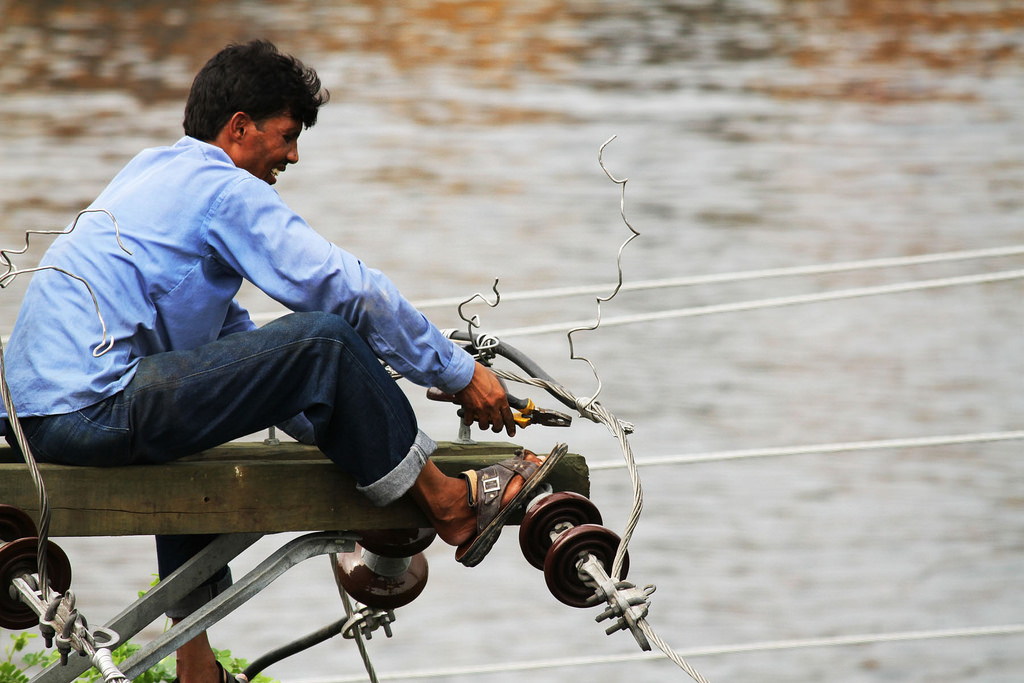I’m reading Mark Manson‘s The Subtle Art of Not Giving a Fuck, and the entirety of Chapter 5 is focused on this idea:
There is a simple realization from which all personal improvement and growth emerges. This is the realization that we, individually, are responsible for everything in our lives, no matter the external circumstances.
I was put on guard when I read those words, and quite enlightened as I read the chapter.
My first thoughts were about my own life and everything that has occurred over its course. I’ve made mistakes. Those were mostly my fault, but in many cases I operated on incomplete information. I’ve also endured the consequences of mistakes made by others, not always accidental.
My second thoughts were about when people complain about someone else’s privilege, which ultimately led me to write “White Privilege is Definitely Real“. Also about someone else’s “offensive” actions, of the triggering variety.
My third thoughts were on my children’s constant squabbles and their blaming the other for every conflict in which they find themselves. They’ve never started anything, of course, but somehow conflict ensues and escalates to the point of parental involvement. For quite a while now, when they’re playing the blame game, I tell them that I don’t care who did it, that each of them knows who did what, and then I follow with an appeal to be careful not to let it happen again.
After touring my mind palace, visiting every room listed above and more, the truthfulness of Chapter 5 became obvious.
My reactions to the happenings in my life are completely my responsibility. I thought about that word etymologically, which is my wont. I wondered if it came from something like “respond-ability.” It didn’t really, but I like that, so I played around with it.
Responsibility: the ability to control your response to events in life.
Even if all we can control are our thoughts as things are happening to us (thinking of someone paralyzed), we still have responsibility. We can choose what it is we want to take away, to learn about the situation and how we want to react.
How empowering is this? It seems to completely invalidate or eradicate any sort of self-limiting or self-destructive victim mentality.
As I mentioned, I’ve been harmed. What am I going to do about it? Here are some options: 1) sit around and mope, 2) enact a plan for revenge, or 3) learn the salient lessons from the situation. 1 might feel good for a bit, but is ultimately a waste of time. 2 might also feel good, but is likely to escalate the conflict. There are major consequences here to consider. 3 seems the most appropriate. It’s sure beats 1, and depending on the severity of the harm, would make a necessary companion to 2. In every case, its my choice, isn’t it?
Therein lies my power, and the building blocks to creating my future. This is true for everybody. Even you! I hope that I can successfully impart this wisdom to my children. That’s where most of my opportunities to do so currently reside (outside of myself, that is).
Thinking more about it, it’s a stoic concept, although the author never mentions stoicism. The entire book is, really. In stoicism this is called your “sphere of control.” Your reaction to circumstance is well within your sphere of control, and you must be mindful of it if you are ever going to find and maintain inner peace and happiness. I’ve thoroughly enjoyed it so far, and highly recommend it.




